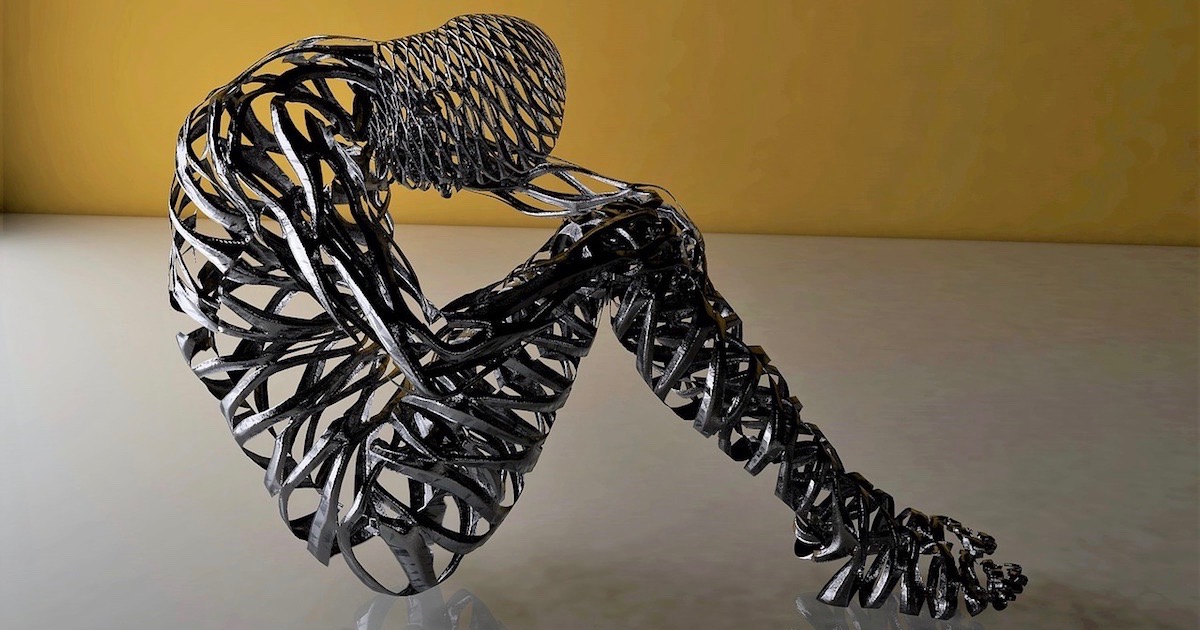Rob Crowther Debriefs Jay Richards on the Dallas Conference on Science & Faith
On this episode of ID the Future, host Robert Crowther speaks with Discovery Institute Senior Fellow Jay Richards, a speaker at last weekend’s Dallas Conference on Science & Faith. Coming available soon on video, this conference featured Richards, Eric Metaxas, Stephen Meyer, and world-renowned synthetic organic chemist James Tour — plus a surprise guest. For all the great presenters there, though, Richards’ favorite feature of the conference was the thousand attendees — some of them skeptics — who stayed straight through to the close and beyond, asking questions and learning that science, more than ever, supports faith in a designing intelligence.


